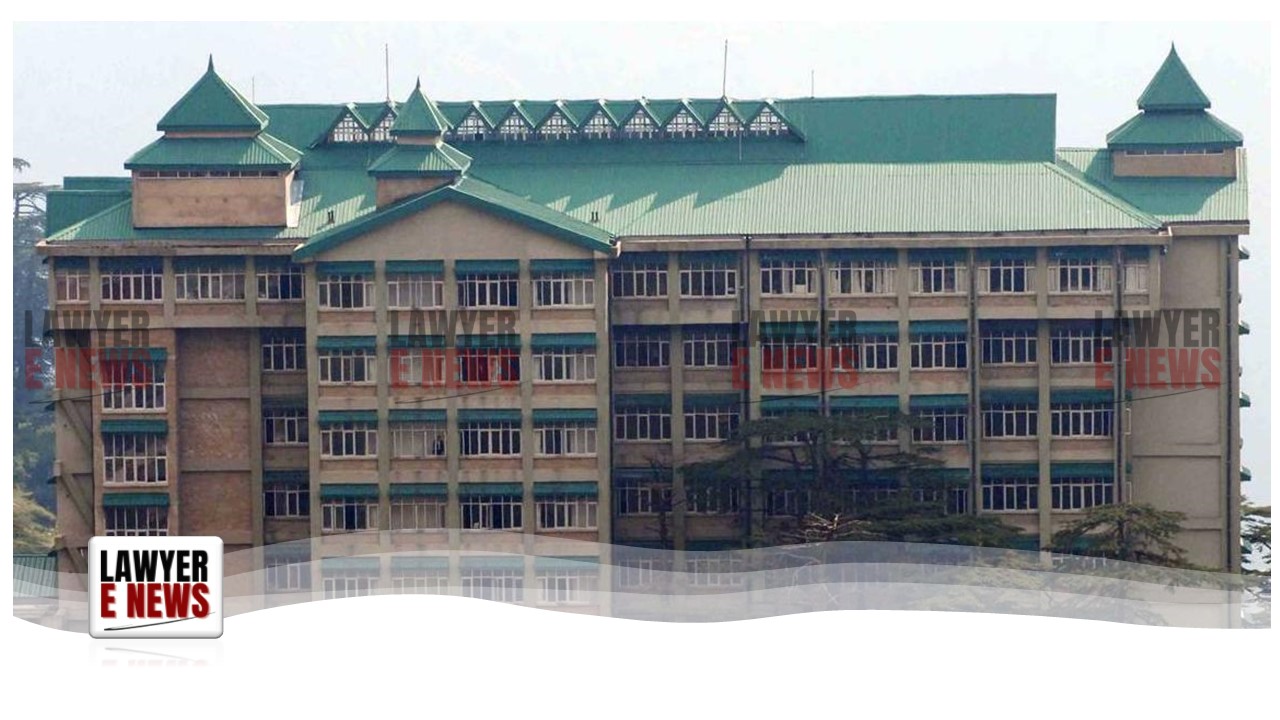-
by Admin
15 February 2026 5:35 AM



Himachal Pradesh High Court upheld the acquittal of Ashok Kumar and others in a case involving the alleged misappropriation of government-supplied cement. The court ruled that when two plausible views arise from the evidence, the one favoring the innocence of the accused must prevail. The prosecution failed to establish beyond doubt that the cement bags were misappropriated, thus the acquittal was sustained.
The case revolved around allegations that Ashok Kumar, a contractor assigned to construct a retaining wall, had misappropriated 180 bags of government-supplied cement and sold them to his co-accused. The trial court had convicted Ashok Kumar and others under sections 406, 420, and 120-B of the Indian Penal Code (IPC). However, the Sessions Court acquitted the accused, leading the State to file an appeal.
The key legal questions revolved around the prosecution's inability to establish the misappropriation of cement bags beyond reasonable doubt. Central to the case was the distinction between charges of criminal breach of trust (Section 406 IPC) and cheating (Section 420 IPC). Additionally, the case examined whether the accused could be held liable for offenses under both sections, which require different mental states and are mutually exclusive.
The court highlighted that in criminal cases, when two views are possible, the court must lean towards the view favoring the accused. The Hon'ble Supreme Court's guidance in Mallappa v. State of Karnataka (2024) and other precedents were cited, emphasizing that acquittals should not be overturned unless the trial court’s findings are perverse or flawed in law.
The court found that the prosecution evidence was insufficient to prove that the cement was not used for construction work, as argued by the defense. The court pointed out several inconsistencies in the prosecution's case, including the failure to establish the identity of the cement bags or the specific dates of misappropriation.
The High Court dismissed the State’s appeal, affirming the acquittal of Ashok Kumar and others. The court reinforced the principle that in criminal jurisprudence, any reasonable doubt should benefit the accused.
Date of Decision: October 3, 2024
State of Himachal Pradesh vs. Ramesh Chand & Anr. and State of Himachal Pradesh vs. Ashok Kumar & Ors.
